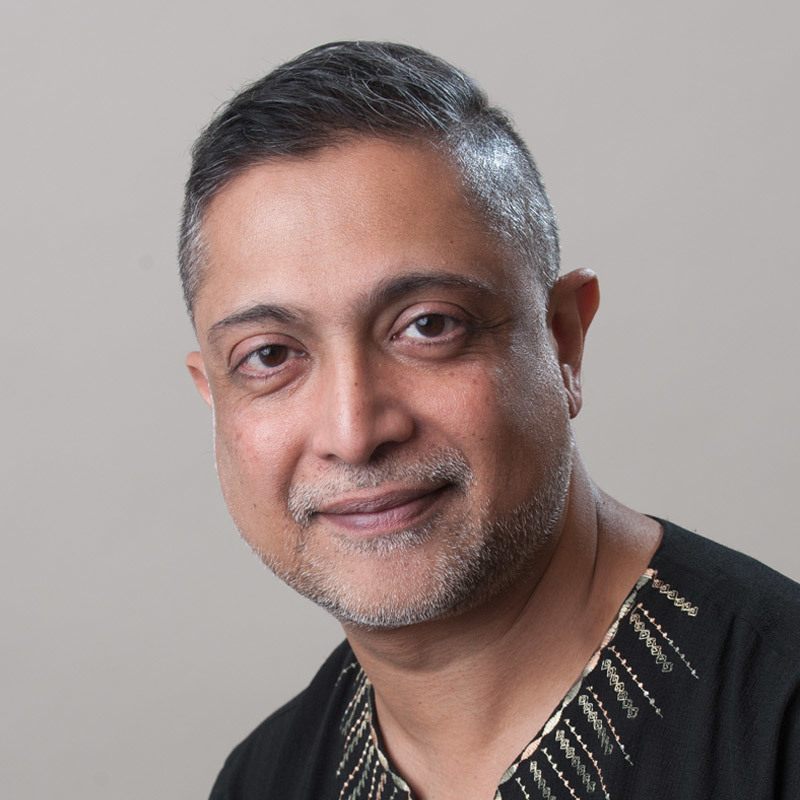
Coming Out Into a New Reality in India
I came out to my father in 1998, over the phone. He was in Bombay, India. I was in Denver, Colorado. The first thing he said to me, without missing a beat, was: “I’m proud that you’ve decided to not live a lie.” The very next thing he said was: “I wish you’d never told …
Read More









